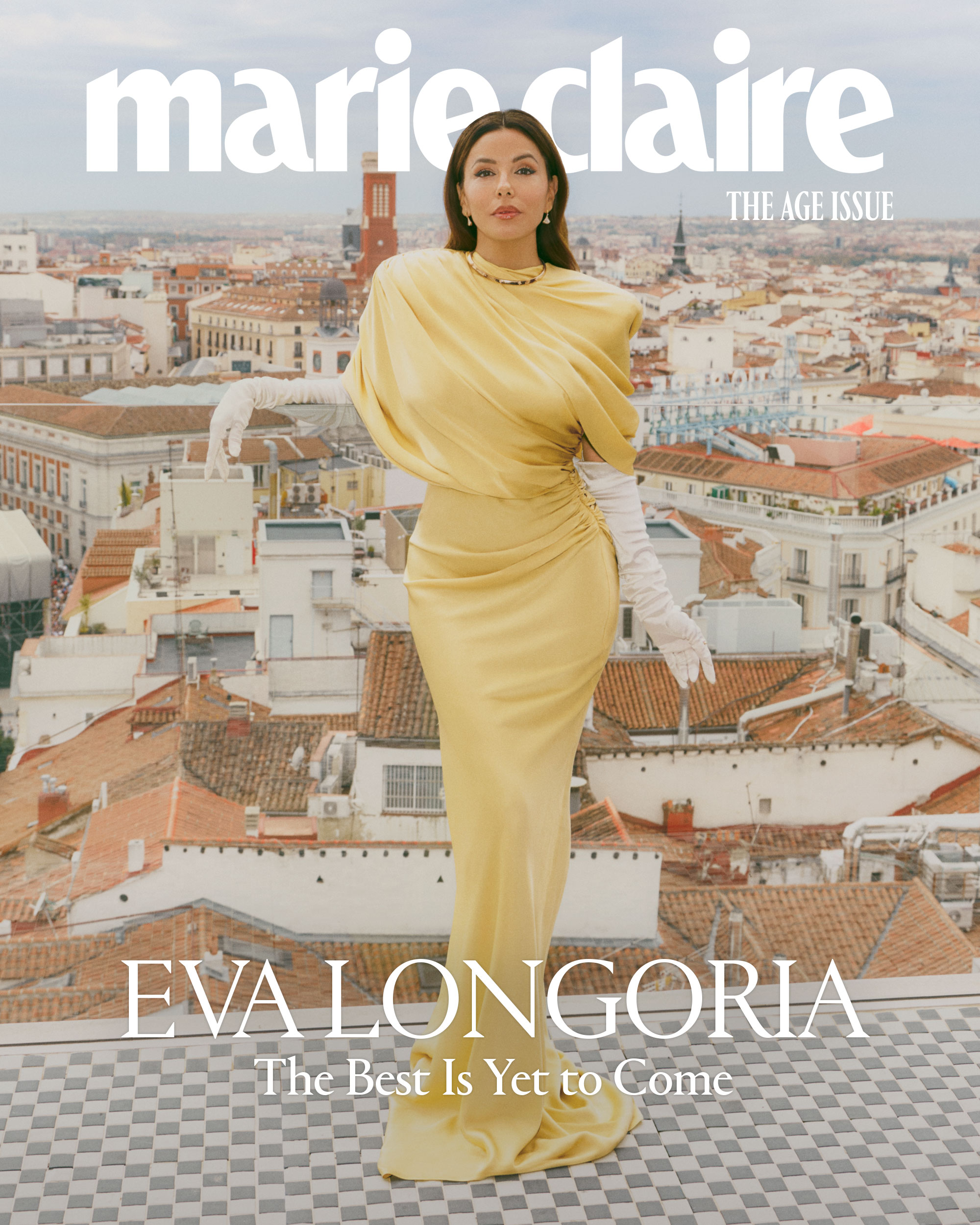They Got Everything They Wanted Professionally by 30. Then What?
Reaching an all-time career high at a young age comes with a lot to celebrate—and a lot of pressure, too.
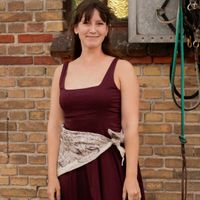
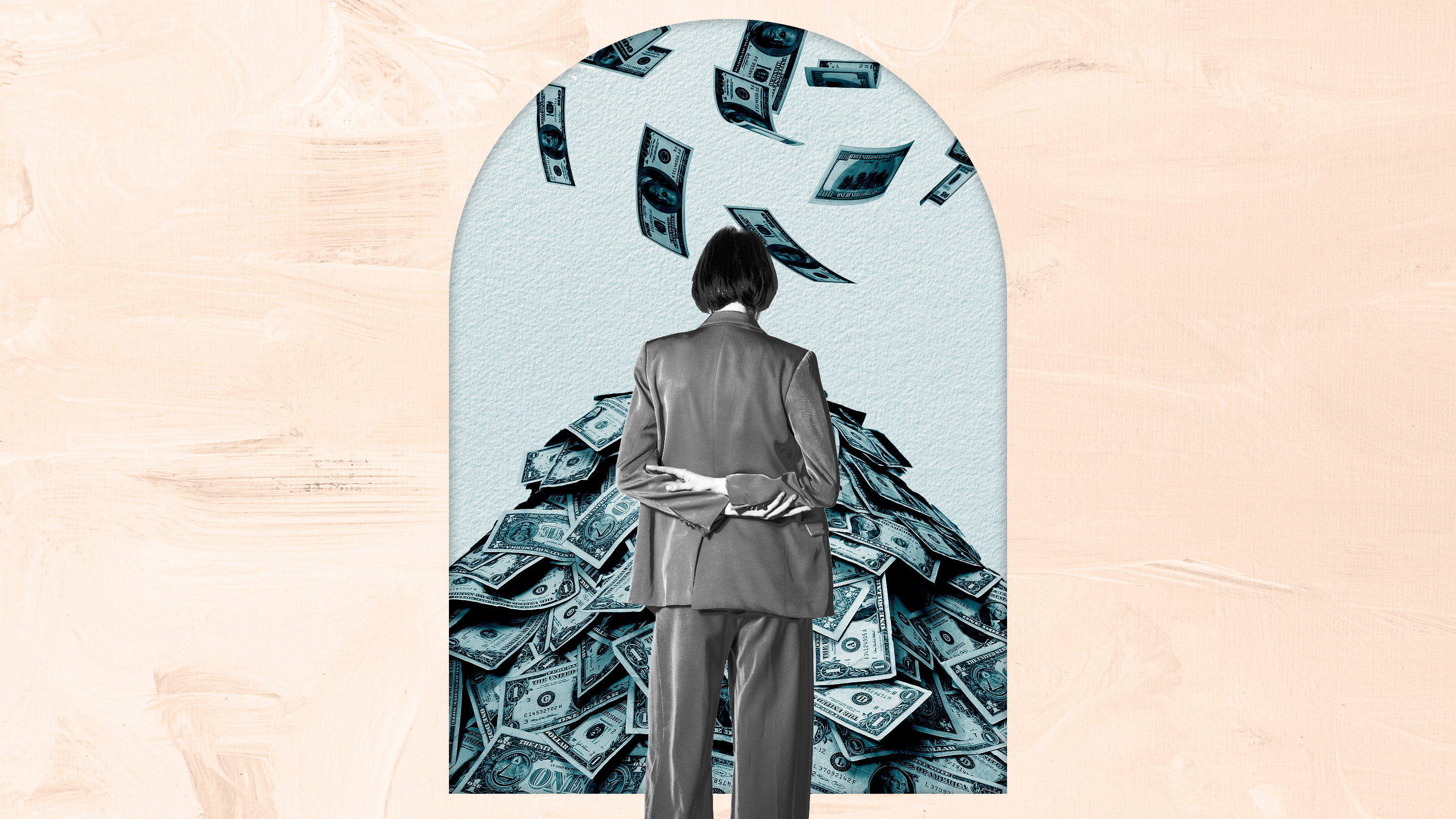
When Jane Pratt reflects on her tenure as the editor-in-chief of Sassy, a teen magazine she founded at the age of 24, chewing gum is one of the first things that comes to mind.
Pratt, now 61, did a lot of press to promote Sassy’s debut in 1988. At the time, it was on-track to become one of the most widely circulated magazines of the era with her as its enterprising-yet-edgy, fresh-faced leader. Photographers would ask Pratt to sit cross-legged on a desk and blow bubbles with bright pink gum. It underscored her age while ever-so-slightly undercutting her success; she was being praised as an early innovator while being styled like she’d stumbled into her success. Whatever the intent of the images, what captured the collective gaze was Pratt's enviable accomplishments so early in life. That having it all was fun. It was something worth staring at.
The ranks of bright, young, heavily profiled professionals have only gotten more visible in the decades since Pratt was the new star in print media. Read a profile of a groundbreaking innovator, a Silicon Valley supergenius, or a visionary artist, and you’ll find an age between 20 and 29 cited in the first paragraph—and then brought up again and again throughout the story. Lists rank and quantify the millions—sorry, billions—they’re raising in venture capital and generating in social media impressions. Fortune runs a 40 Under 40 list of business leaders. The website Her Campus publishes a 22 Under 22 ranking of industrious college students. And then there’s the Forbes 30 Under 30 list, whose annual November unveiling is tantamount to a national holiday on X (formerly Twitter).
There are real sacrifices made to make it big early on; there are also fears that the high won’t last, or worse, was a fluke to begin with.
If you say you don’t admire and envy them, you’re either very evolved or a flat-out liar. A recent Cardrates study found that 86 percent of Americans do not consider their current profession to be their “dream job.” Most abandon the idea of ever having one by age 25, on account of finances (35 percent) and lack of opportunity (34 percent). Can you blame us for being fascinated by the lucky ones?
But as we on the outside idealize what the inside has, weaving together age and accomplishment into a single goal, we’re overlooking what reality feels like. There are real sacrifices made to make it big early on; there are also fears that the high won’t last, or worse, was a fluke to begin with.
“The founder nation that we live in has kind of changed expectations for people,” says Dr. Madelaine Ellberger, the lead practitioner at Downtown Behavioral Wellness, a private practice therapy center populated by many high achievers. “It's the shift in the expectation that is the most salient for mental health. We live in a world now where there's exposure to the idea that you can literally do anything—and there are actually people doing anything.”
The odd thing about culture’s obsession with young high-achievers is that they’re still widely the exception to the rule. According to a Payscale study, American women tend to hit their peak earning years in their 40s. Dissatisfaction with early roles, even the prestigious ones, is fairly common; so is wanting off the career rocketship after it blasts off into an unknown, highly-stressful orbit.
I think the biggest fear you have as someone who has a big hit right out the gate is the idea that actually you're an imposter, right? Are people going to realize the emperor has no clothes?”
Even professionals who hit their biggest goals on the first try struggle with the non-Pinterest board version of their reality. “We, as a society, love to reward ingenuity at a young age. We're fascinated by it, and I get it—it's appealing and it has been something that has been monumentally formative in my life,” says Tea Obreht, a novelist whose first book, published when she was 26, became an instant New York Times bestseller. “I think that so much of anyone's career has to do with hard work, but it also has to do with luck and it has to do with timing—so many external factors that you have no control over.”
The setting where Cami Tellez founded the intimates brand Parade is a famous one in direct-to-consumer and fashion circles: The year was 2019, the place was her Columbia University dorm room. The bra and underwear market was, at the time, still largely shaped in the polar opposite setting: the cold, corporate boardrooms of the mass brands like Victoria’s Secret. Tellez’s distance from the traditional industry gave her a perspective no one else in the market had. It eventually positioned her brand for a $200 million valuation and share in thousands of millennial and Gen Z customers’ top drawers, all before her 25th birthday.
“Parade hugely benefitted from my inexperience in the underwear category—it was a space that was hardened in its arteries and needed new blood in every facet,” she says. "I think that the scale was shocking to people—and as much as it was what I envisioned, it was even shocking to me.”
That level of early success, its recipients say, is a form of validation. “I felt like I knew exactly what I wanted to do and I didn't have the barriers of insecurity from past failures to hold me back or make me question myself,” Pratt, now the founder of the Substack venture Another Jane Pratt Thing, says of working on her first magazine. “So I just went for it, and most of all, it felt really great to keep hearing that I was the youngest person to be doing what I was doing.”
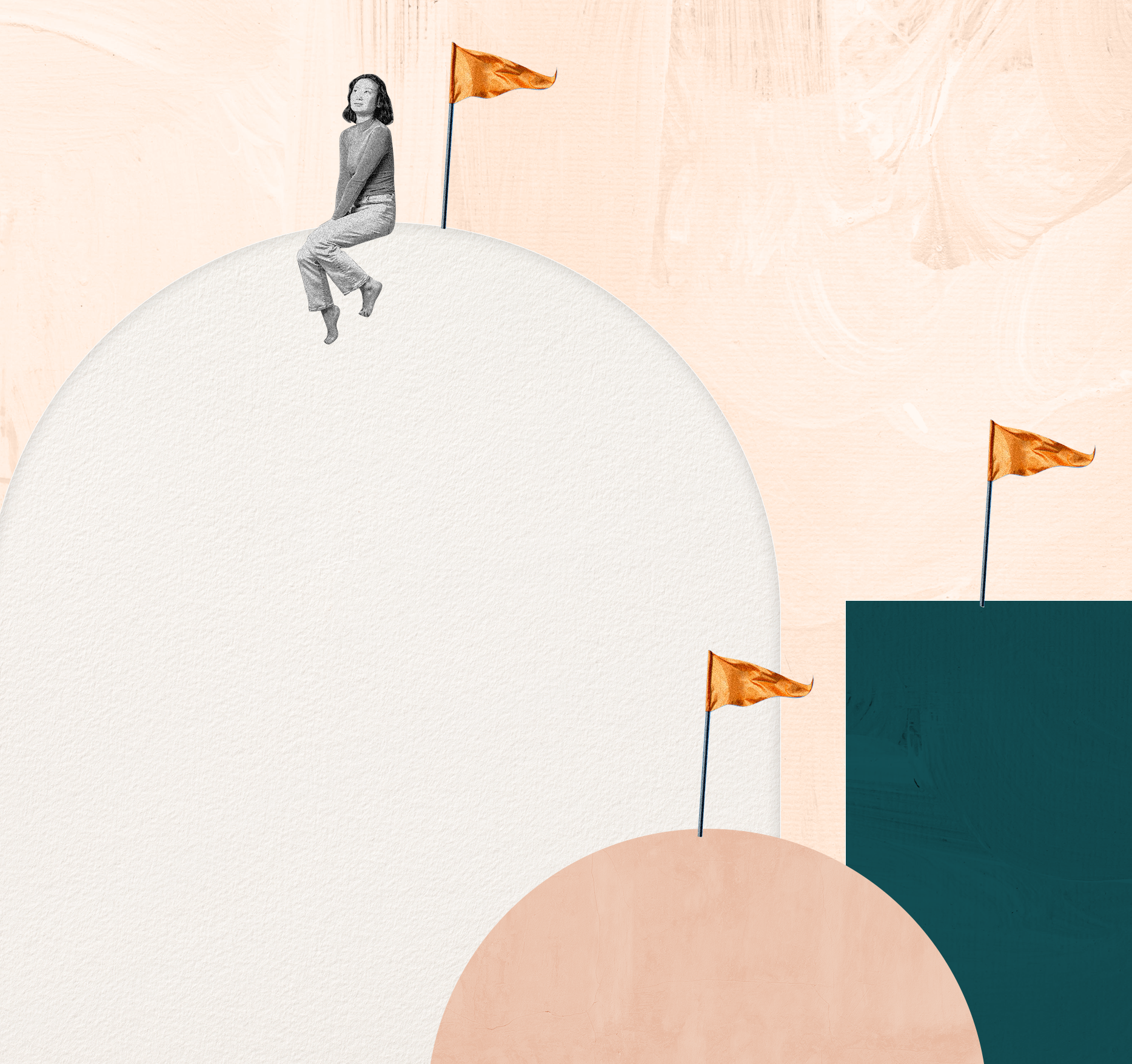
Praise and attention weren’t on these founders’ vision boards, of course. (If it was, they didn’t say so on the record.) From field to field, the goal was more so realizing the dream of making something. Tea Obreht, the writer, remembers feeling fearless in the lead-up to the 2010 release of her first novel, The Tiger’s Wife—because she didn’t know another way to feel. “I'm really grateful that I was so young because I was too green to be afraid of the things that one might be afraid of,” she says. She didn’t worry about negative reviews or a ticking clock on the follow-up to her first book; she was just grateful that her story made it to the printer, and then the bestseller list.
The shiny veneer of success can belie the realities behind it, though. Phillip Picardi had aspired to run titles with Teen Vogue’s reputation from his mid-teens. He worked several odd-jobs at once to land the first internship that would lead him to his corner office elevator in his mid-20s. It was a punishing schedule, but a rewarding one, to eventually found the first queer-focused magazine at publishing company Condé Nast (Them), while also reinventing Teen Vogue as a hub for activism. All before he was 30. “The things that you feared about it were true and the things that you hoped would happen also happened—which was like, I got to interview Beyoncé,” he says. “It was somewhat like what I wanted it to be, but there was some tough shit, too.”
It took a public scandal at Picardi’s second major job, as editor-in-chief of Out, and a resulting personal mental health crisis, for the former editor to consider leaving the industry he’d always dreamed of working in for other pastures: roles where he could still be in touch with his passions, while having more separation from work outside of the office. He enrolled in Harvard Divinity School’s Masters Program, and has since worked at the Los Angeles LGBTQ Center and WeightWatchers—companies where he can use his skills as a storyteller without necessarily being a public face.
I'm really grateful that I was so young because I was too green to be afraid of the things that one might be afraid of.
“I had sold myself this story, this myth that my career could enhance all elements of my life and that the work that I was doing was my life,” Picardi says. “And so therefore I was going to be successful in life because I was successful at my job. But I didn't count on how sometimes, things happen in your career that make you unsuccessful. And if you haven't been tending to the garden of your personal life, you have no safe place to fall.”
This is the double-edged sword of success: Pouring all of yourself into an early, career-defining job can come at the expense of everything outside of work. Pratt tells me a story about going into her room with earplugs when friends would come to see her roommate in their West Village apartment; she could have spent time being a 20-something, but she always chose her work.
The fear that the first opportunity may be the last opportunity can also lead early achievers to overexert themselves, at their own expense. “I’ve always loved saying yes and trying to do it all—especially in my 20s, when every opportunity felt worth exploring,” says Dianna Cohen, the founder of haircare brand Crown Affair and, before that, the branding agency Levitate. “But that mindset led to burnout at times, and working in some intense, even toxic environments only added to the challenge. It’s taken a lot of unlearning and personal work to build a healthier balance.”
I didn't count on how sometimes, things happen in your career that make you unsuccessful. And if you haven't been tending to the garden of your personal life, you have no safe place to fall.”
As voices outside ask for more—the sequel album, the next breakout product, just more in general—imposter syndrome can set in. “I’ve seen many women say it was luck that they had the quick career progression and not fully believing in their skills and achievements that got them there,” says Jenna Greco, a career counselor.
It took Obreht six years to write her second book: a process that included crafting two entire novels that never crossed an editor’s desk. Nerves slowed her down after her big debut, as well as her sense that the literary press would comment on how long the follow-up took. (Every major book review did mention the 9-year gap in their coverage of Inland in 2019.) “I think the biggest fear you have as someone who has a big hit right out the gate is the idea that actually you're an imposter, right?” she asks. “Are people going to realize the emperor has no clothes?”
In her case, the answer was no: Obreht’s second book was mostly well received; she’s gone on to write a third this year with a reception to rival her debut. She’s experienced a longer career arc than she could have anticipated for herself.
The pressure she felt, and that others echoed, came from a place of deciding their jobs were their end-all, be-all purpose. Tying self-worth to your job is toxic in mid-manager settings; it’s weightier when it’s making headlines. Then, “if there's rigidity or a black and whiteness around ‘insert whatever identity’ here, whether it be professional or otherwise, if something about that changes, it's going to rattle you.” Dr. Ellberger says.
Every decision felt personal, and every success or setback was a reflection of who I was as an individual.
Ultimately, success stories have to learn what the rest of us tell ourselves: that a high isn’t necessarily a peak. No one wants to feel like a one-hit wonder; part of that comes from reframing how we talk about success to begin with. “When you reach a certain goal or level or whatever it may be, that doesn't mean that there's no further places to go after that,” says Dr. Ellberger.
The economy of founder media also needs a face lift, as nice as being on a list feels. The same press that praises young founders is also quick to tear them down the moment they make a mistake. The comments section on social media, too, can be unforgiving when an author releases a less-than-stellar book, or a business owner doesn’t follow up their first viral product with an equally buzzy sequel. All the voices can unduly exert even more pressure.
“I used to fantasize about being anonymous and letting Parade speak for itself. I now know that it’s impossible—the public will always be interested in understanding the contours, interests, secrets and of the people who dictate culture,” Tellez, now the creative director of the hosiery brand L’eggs, says. “I don’t know a single female founder who hasn’t had to mourn the loss of their privacy while embracing the birth of their new platform—and every day presents new twists and turns in that journey.”
Learning to separate the personal from the professional is a daily effort. Cohen says she used to see her identity as “completely intertwined” with her businesses. “Every decision felt personal, and every success or setback was a reflection of who I was as an individual,” she says. Over time, she’s learned to step back while still being ambitious: moving to Florida to be closer to family and taking time to meditate every day have helped her develop Dianna, the person. “Now, I see myself as a leader who is deeply invested in the company’s mission, but I also recognize that my identity isn’t solely defined by the business.”
No one wants to feel like a one-hit wonder; part of that comes from reframing how we talk about success to begin with.
On the phone in mid-October, Pratt tells me she’s never really been asked to reflect on the ways getting started so young affected her career or her sense of self. When she looks back, even the sacrifices come with gratitude. “All of that work I did when I didn't have a life and wasn't going out with my friends when I was in my 20s—all of it is still paying off now,” she says. “There are still people that remember it and still people who want their daughters to engage with what I'm doing now.”
But if she could change one thing, it would be how often age comes up in conversations about work—both hers and in general. Taking pride in early accomplishments shouldn’t mean forever being defined by the age it happened or assuming that the best is already over. Other founders agree. “I've been working with a lot of the same talent, teams, investors, agencies, et cetera, for over a decade now, so age doesn't come up,” says Cohen. “Good people work with good people whether you're 22 or 72.”
We can forget in the stream of early success stories that breakthrough moments don’t have a minimum age requirement, too. Obreht, now teaching an MFA writing program part-time at Bennington College in addition to working on her writing projects, advises dozens of students who only had the means to pursue their literary dreams after working in another field first. “Without fail, the thing that they're grappling with most is this idea of like, ‘I'm not interesting, I'm too old, I'm not young enough,” she says. She tells them what she told herself during her years of working on her second project, in her late twenties and early thirties: It’s not the moment something happens that gives it its value; it’s having done it, period.
On the other side of what those of us who are still unsatisfied are still chasing—a book, an award, a freshly-founded company—we might find ourselves in the same place Obreht is, contemplating her fourth project (maybe a play, maybe short stories), or Tellez, digging into the day-to-day of leading an entirely new business. In this place, there’s no such thing as reaching the top, only a long, winding path forward. “I am still chasing the high of running the most culturally relevant brand in any given moment—and I think I always will,” Tellez says. “I know I’ll do it many times in my life and the key thing I’m aiming for is being prolific.”
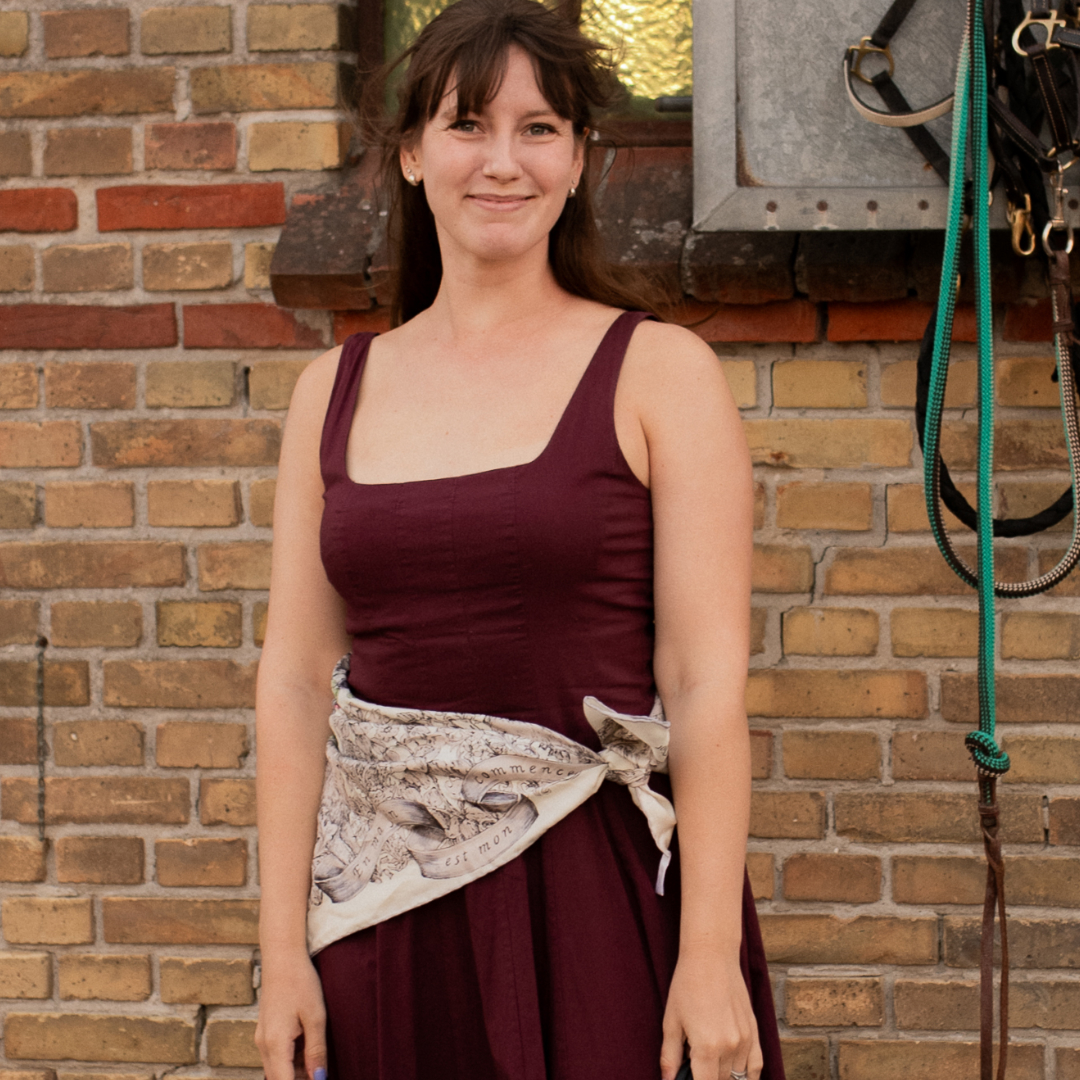
Halie LeSavage is the senior fashion news editor at Marie Claire, leading coverage of runway trends, emerging brands, style-meets-culture analysis, and celebrity style (especially Taylor Swift's). Her reporting ranges from profiles of beloved stylists, to exclusive red carpet interviews in her column, The Close-Up, to The A-List Edit, a newsletter where she tests celeb-approved trends IRL.
Halie has reported on style for eight years. Previously, she held fashion editor roles at Glamour, Morning Brew, and Harper’s Bazaar. She has been cited as a fashion expert in The Cut, CNN, Puck, Reuters, and more. In 2022, she earned the Hearst Spotlight Award for excellence in journalism. She holds a bachelor’s degree in English from Harvard College. For more, check out her Substack, Reliable Narrator.
